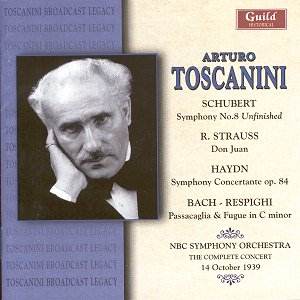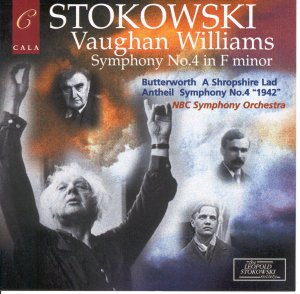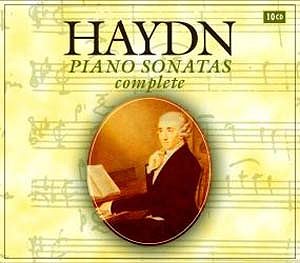 Composer: Josquin Des Pres
Composer: Josquin Des Pres
Works: Songs and Instrumental Music by Josquin Des Pres, his Pupils and Contemporaries
Performers: Jennie Cassidy (soprano), Belinda Sykes (alto), John Potter (tenor), Robert Evans (bass), Musica Antiqua of London directed by Philip Thorby
Recording: St. Mark’s Church, East Woodhay, January 2000
Label: SIGNUM
The music of Josquin Des Pres, whose life spanned the late 15th and early 16th centuries, represents a pinnacle of Renaissance composition. His output, both sacred and secular, showcases a mastery of polyphony that has influenced generations of composers. This recording not only honors Josquin’s legacy but also illuminates the broader context of his contemporaries and pupils. The selections here, drawn from popular songs of the Renaissance, serve to illustrate the transformative nature of Josquin’s artistry, particularly in how he reworked existing melodies into more profound expressions of emotion and complexity.
Performance-wise, the recording excels in its balance of vocal and instrumental textures. The Musica Antiqua of London, under Philip Thorby’s direction, navigates the intricate contrapuntal lines with a deftness that highlights the dialogues between voices and instruments. The ensemble’s use of viols alongside the vocalists adds a rich depth to the overall sound, particularly evident in the four-part settings of works like “De tous biens pleine.” Here, the viols create a counterpoint that is both supportive and resonant, allowing the lute to weave the melody with a gentle yet firm presence. However, there is a missed opportunity in the underutilization of the recorder; a more prominent role for this instrument could have enhanced the overall palette of timbres, bringing an added vibrancy to the arrangements.
The vocal interpretations are a noteworthy aspect of this recording. Jennie Cassidy’s soprano is wonderfully expressive, particularly in Josquin’s “Dulcis exuviae,” where her voice captures the delicate interplay of tenderness and melancholy. John Potter’s tenor displays a commendable clarity and diction in “Faulte d’argent,” and Belinda Sykes brings a captivating, albeit occasionally nasal, quality to her performances. Her rendition of “Bergerotte savoysiene” is particularly engaging, reminiscent of the playful spirit found in Musica Reservata’s interpretations. Robert Evans, as the bass, anchors the ensemble with his resonant low register, effectively coloring the harmonic foundation of the works.
Sound quality in this recording is commendable, with the engineering capturing the acoustic nuances of St. Mark’s Church beautifully. The reverberation enhances the polyphonic textures, allowing individual lines to breathe while maintaining a cohesive sound. The disc’s overall dynamic range is well-managed, ensuring that even the softer passages are rendered with clarity. The booklet notes, penned by John Bryan, provide valuable insights into the historical context of the pieces and the compositional techniques employed, making the listening experience all the more enriching.
This collection not only serves as a testament to Josquin’s genius but also offers a window into the vibrant musical dialogue of the Renaissance. By juxtaposing Josquin’s works with those of his pupils and contemporaries, the recording provides a comprehensive view of his influence. The choices made in both interpretation and instrumentation reflect a deep understanding of the period’s musical language, making this a significant addition to the discography of early music. Enthusiasts of Renaissance music will find much to admire here, as it captures the essence of what makes this repertoire so enduringly compelling.



